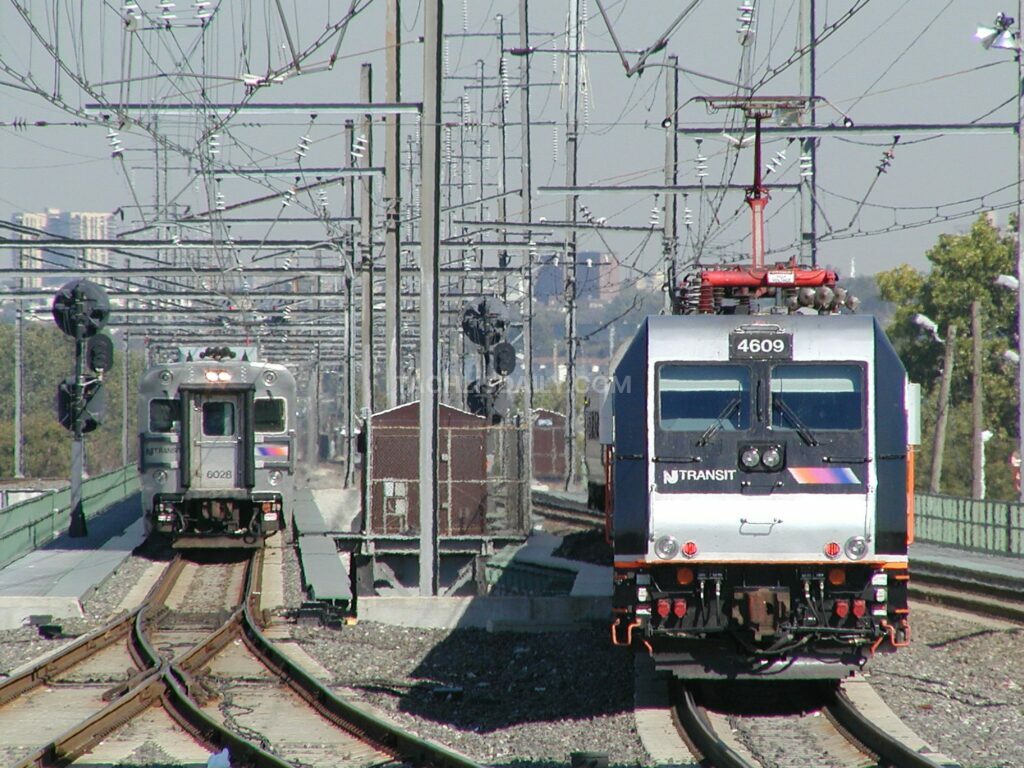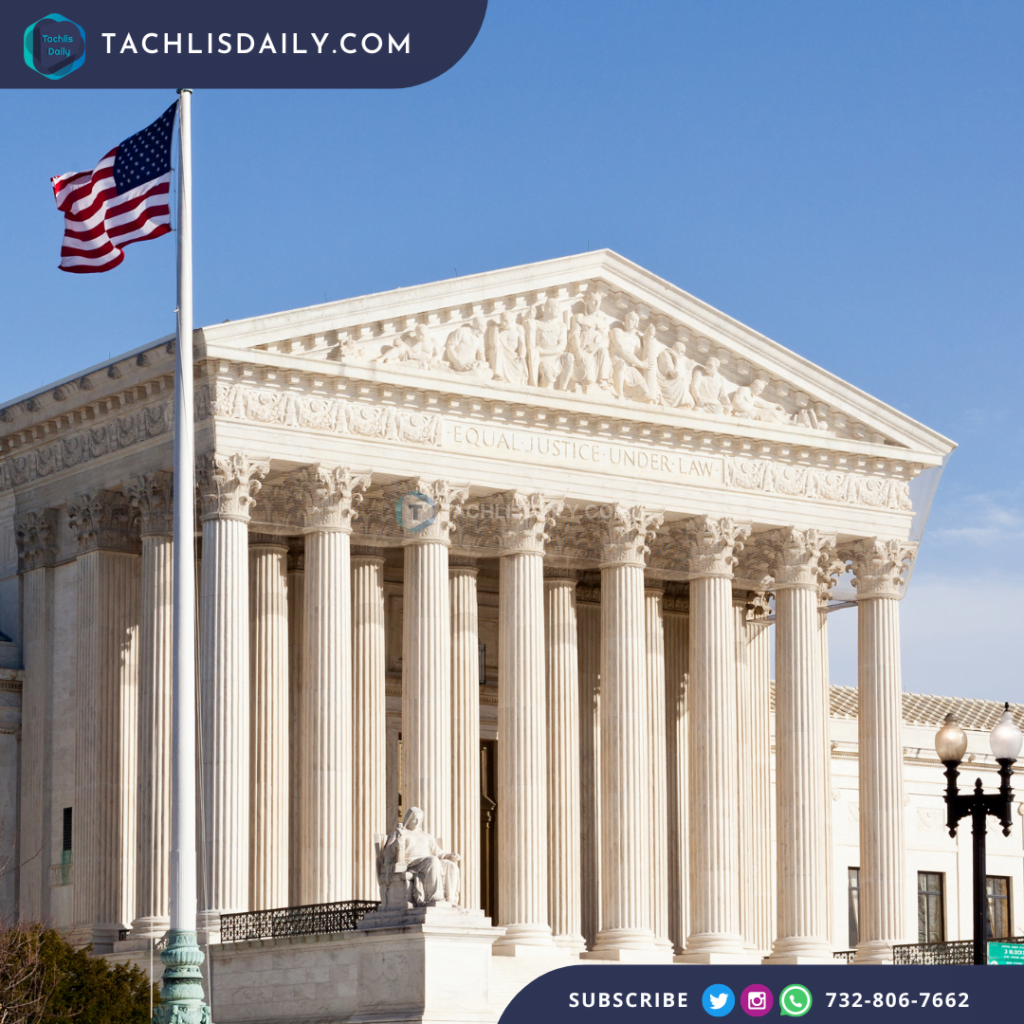New Jersey Transit riders are bracing for higher fares as the system’s board has given the green light to a 15% fare hike to address a $107 million deficit. Scheduled to take effect on July 1, the fare increase is expected to be accompanied by 3% annual increments to offset inflation.
Advocates of the fare hike argue that it is necessary to bridge the budget gap for the upcoming fiscal year while ensuring that current service levels are maintained. The agency, facing financial strain, last adjusted fares in 2015.In a statement during Wednesday’s meeting, Kevin Corbett, the president and CEO of the system, emphasized the importance of preserving service quality despite the fare increase being a measure of last resort.
As public transit agencies across the United States grapple with declining ridership and the expiration of pandemic-related financial support, NJ Transit officials anticipate a potential 1.4% decrease in ridership in the next fiscal year due to the raised prices.While acknowledging the potential impact on ridership, officials maintain that the fare hike is essential to sustain operations and address the financial challenges faced by the agency.
This move comes amidst a broader conversation about the future of public transit in the wake of the COVID-19 pandemic, with many workers adopting hybrid work arrangements, resulting in continued uncertainty regarding ridership levels.











